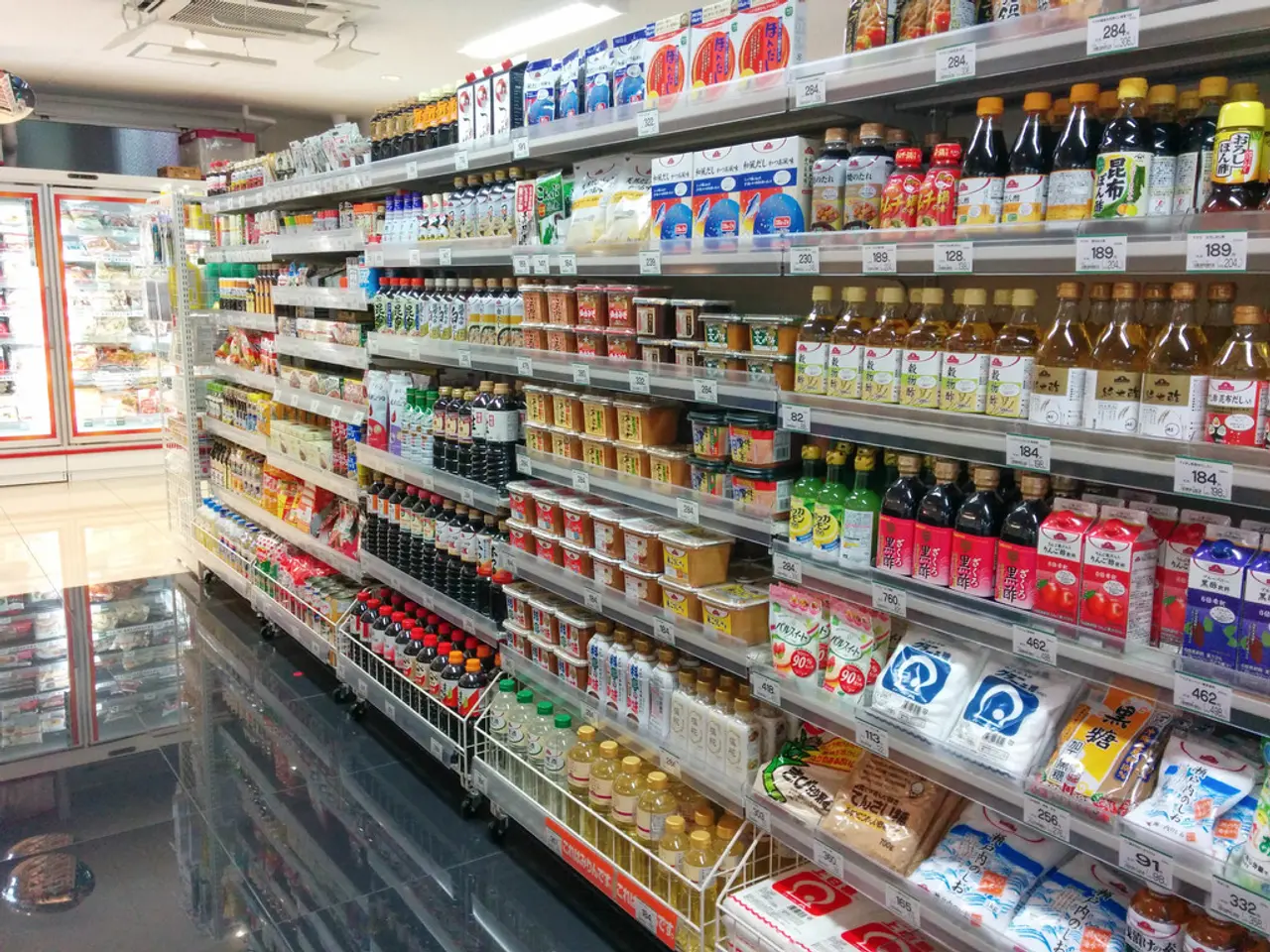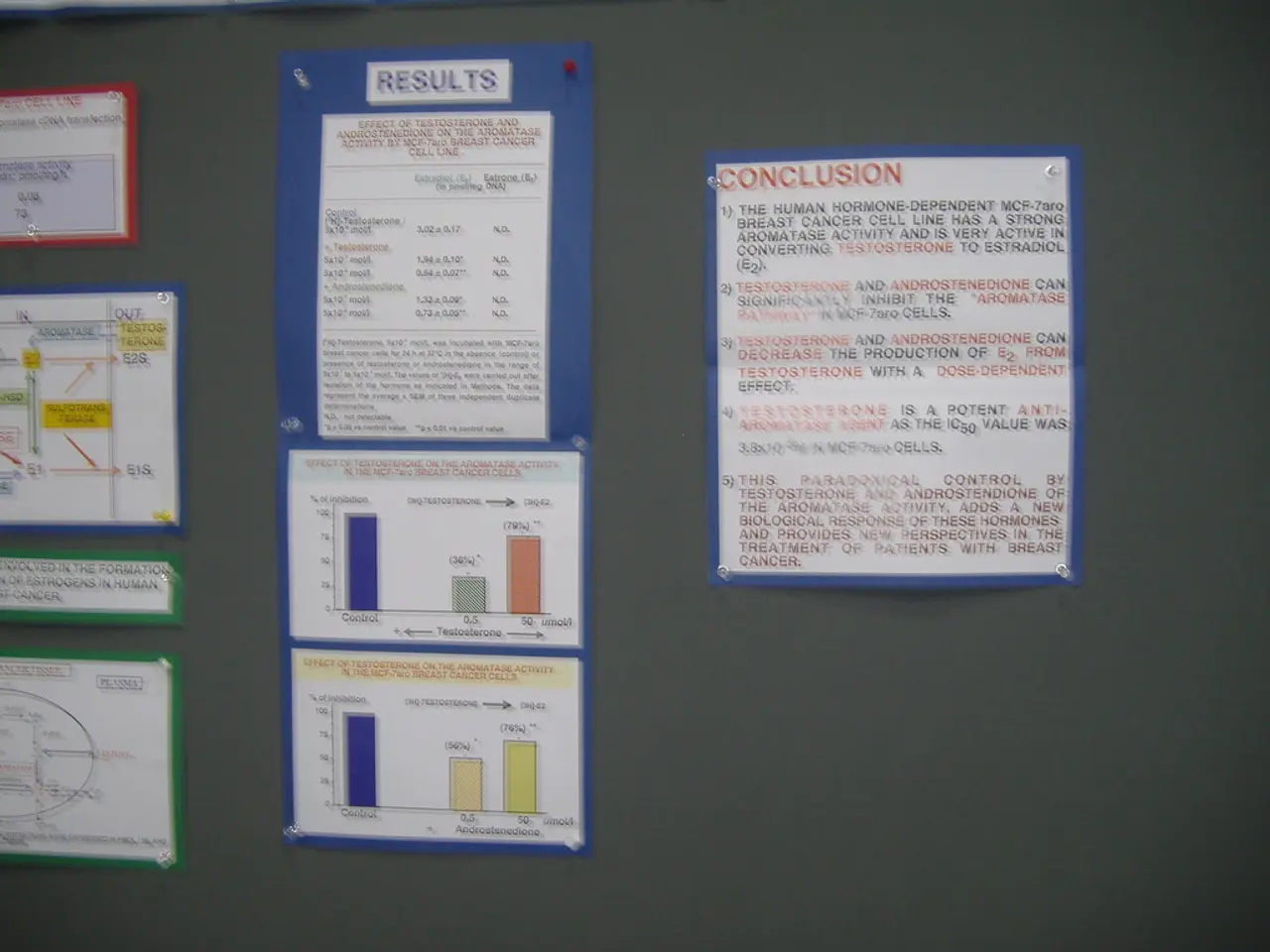Trump's tariffs face elimination following court ruling; future impact on trade relations uncertain.
Court Halts Trump's Tariffs Imposition on International Trade Partners
In a significant ruling, a federal court in New York has blocked President Donald Trump's contentious plan to impose hefty tariffs on imports from almost every nation worldwide. The court's decision invalidates the tariffs introduced last month under Executive Order 14257, which levied a general 10% duty on almost all imports from all trading partners.
The three-judge panel of the US Court of International Trade asserted that President Trump overstepped his powers by invoking the International Emergency Economic Powers Act (IEEPA) to justify the far-reaching tariffs. The administration had argued that previous cases, such as those involving then-President Richard Nixon's use of emergency tariffs in 1971, established a legal precedent for Trump's actions. However, the court disagreed, determining that Trump's imposed tariffs surpassed his authority to regulate imports under IEEPA.
The court ruling leaves in place other Trump tariffs, including those on foreign steel, aluminum, and automobiles. These levies were imposed under a different law that required a Commerce Department investigation and could not be imposed at the president's discretion.
Trump had imposed the tariffs, which he termed "Liberation Day" tariffs, with the intention of addressing longstanding trade deficits. However, the court argued that the tariffs did not resolve the problems they were intended to address and that America's consistent trade deficits could not be considered a sudden emergency.
The court's decision could potentially stall ongoing trade negotiations and uncertainty for companies operating in the affected countries. Wendy Cutler, a former US trade official, explained that partners negotiating during the 90-day tariff pause period may delay making concessions until there is clarity regarding the legality of Trump's tariffs. Companies may need to reassess their supply chains to account for the risk of tariffs being reinstated on appeal.
In response to the court's ruling, Eswar Prasad, a Cornell University professor of trade policy, stated, "The ruling makes it clear that the broad tariffs imposed unilaterally by Trump represent an overreach of executive power." The Trump administration now faces the challenge of redefining its trade policy in light of this legal setback.
Sources:[1] AP with Eleanor Butler[2] The Associated Press[3] U.S. Court of International Trade ruling[4] Executive Order 14257
The court's ruling on President Trump's tariffs imposition could potentially create uncertainty in business and finance sectors, as it might stall ongoing trade negotiations and require companies to reassess their supply chains. The decision also brings politics into play, as the Trump administration faces the challenge of redefining its trade policy, following the court's determination that the tariffs exceeded President Trump's authority under the International Emergency Economic Powers Act (IEEPA), particularly in light of the court's rejection of the administration's argument that it had established a legal precedent through cases involving emergency tariffs in the past. This ruling is significant general-news, as it affects the broader landscape of international business, politics, and trade.




